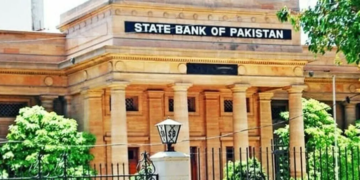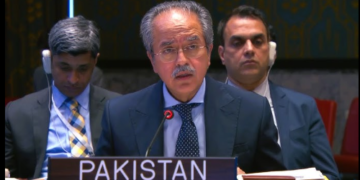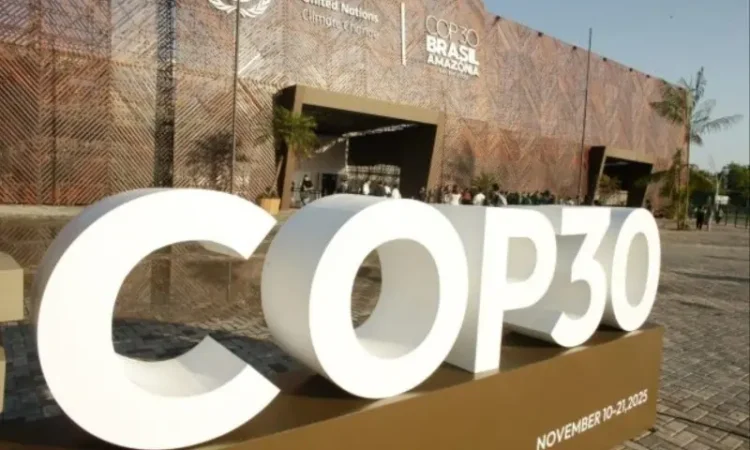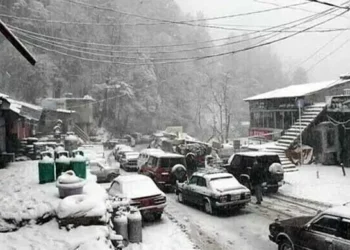BELEM, BRAZIL (MNN); Pakistan has urged the international community to deliver rapid, grant-based and predictable climate financing for vulnerable developing countries, warning that recurring climate disasters are worsening debt distress and eroding development gains in nations that have contributed the least to global emissions.
The call was made during a high-level side event titled “Operationalising Loss and Damage: Financing Resilience and Recovery in Vulnerable Countries,” jointly organised by the Ministry of Climate Change and Environmental Coordination and Unicef at the Pakistan Pavilion during COP30 in Belém, Brazil.
In her keynote address, Secretary Aisha Humera Moriani said Pakistan was investing extensively in strengthening national resilience despite contributing less than one per cent to global greenhouse gas emissions. She recalled the devastating floods of 2022 and 2025, which displaced millions and inflicted multi-billion-dollar losses, stressing that the growing frequency of such disasters highlighted the unfair climate burden placed on low-emitting nations.
The event was attended by officials from the newly formed Fund for Responding to Loss and Damage (FRLD), government representatives, experts and development partners, who discussed ways to operationalise the global Loss and Damage mechanism. Panellists noted that repeated climate shocks had pushed many vulnerable economies into a “debt emergency,” forcing borrowing due to a lack of sufficient grant-based assistance.
Speakers emphasised the urgent need for new, additional and concessional financing to ensure Loss and Damage support is transformative. They highlighted that children — nearly half of Pakistan’s population — were among the most severely affected by climate stress, impacting their health, education, nutrition and mental wellbeing.
Participants also stressed prioritising the Barbados Implementation Modalities (BIM) for faster disbursement, simplified procedures and flexible financing windows, along with mechanisms to address slow-onset events such as glacial melt, drought and sea-level rise.
Climate Ministry spokesperson Muhammad Saleem Shaikh said discussions also focused on support for vulnerable groups, particularly children, and drew attention to non-economic losses like trauma, displacement and cultural disruption, which remain under-recognised in global frameworks.
He added that Pakistan plans to submit two proposals under the FRLD’s initial funding cycle aimed at rebuilding social infrastructure and strengthening climate resilience in key sectors including agriculture, water resources and community systems. While Pakistan is mobilising domestic resources, the scale of climate loss far exceeds national capacity.
Calling Loss and Damage financing “a matter of national survival,” the ministry reiterated that climate justice and the principles of Common but Differentiated Responsibilities (CBDR-RC) must guide global action. “Our people cannot wait,” the ministry stated, urging developed nations and multilateral bodies to convert commitments into tangible financial support.
Moriani reaffirmed Pakistan’s commitment to working with the UN and international partners to shape an equitable climate recovery framework to ensure vulnerable nations receive the resources needed to adapt, rebuild and recover from accelerating climate impacts.









































































